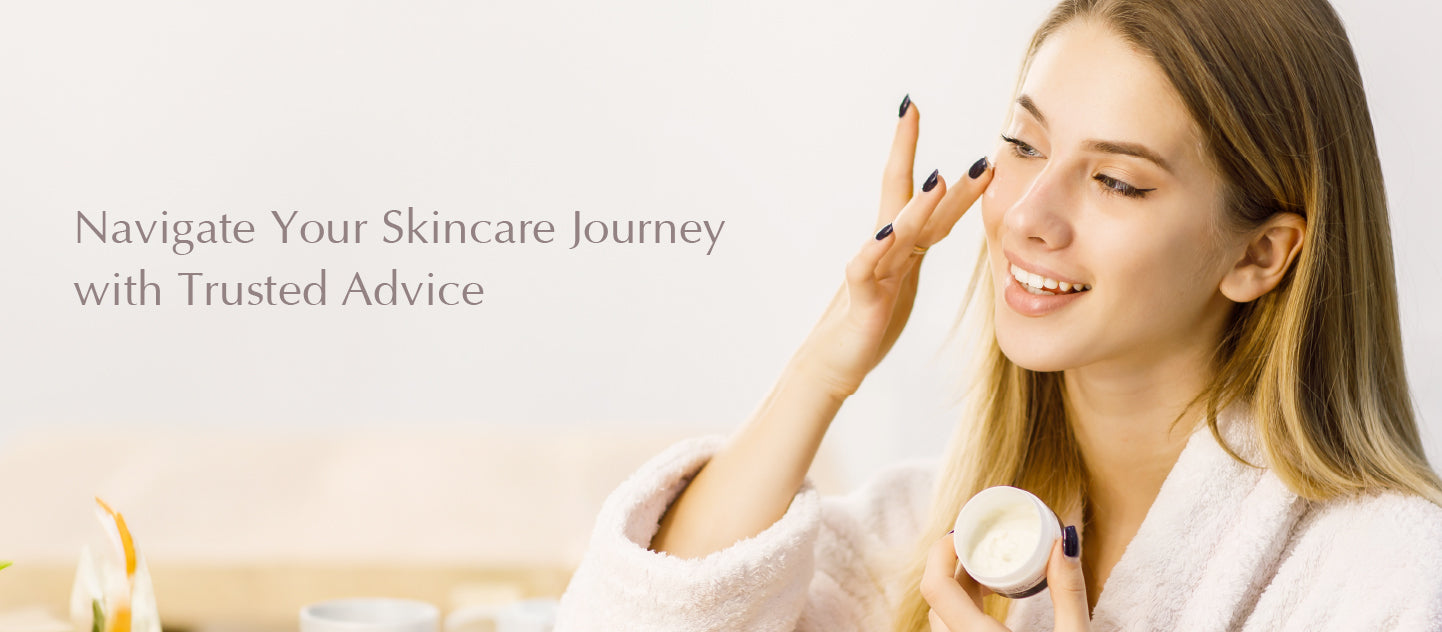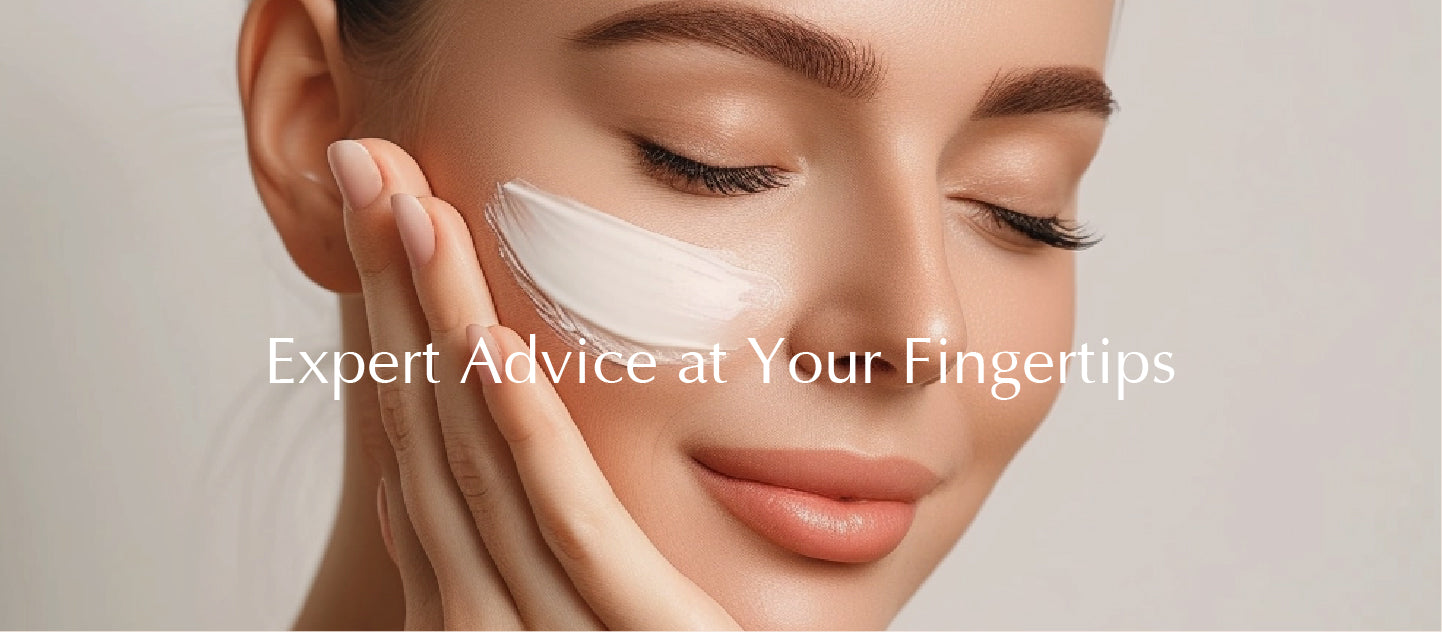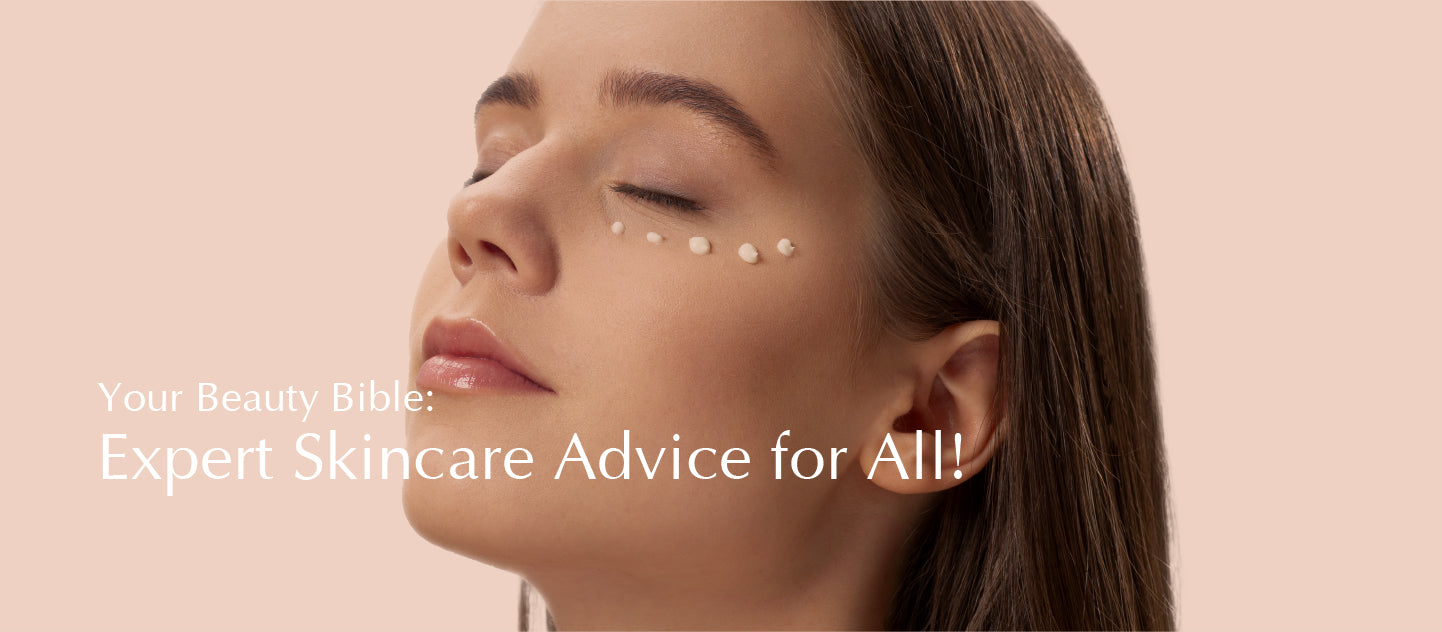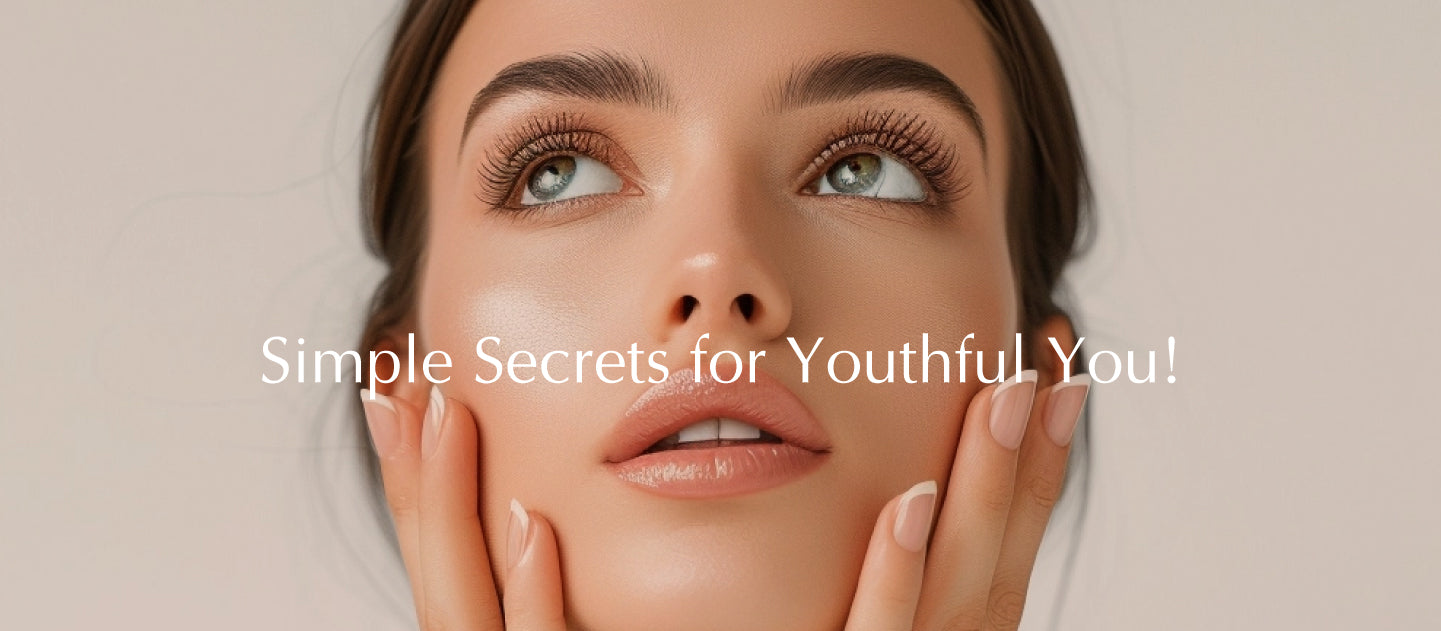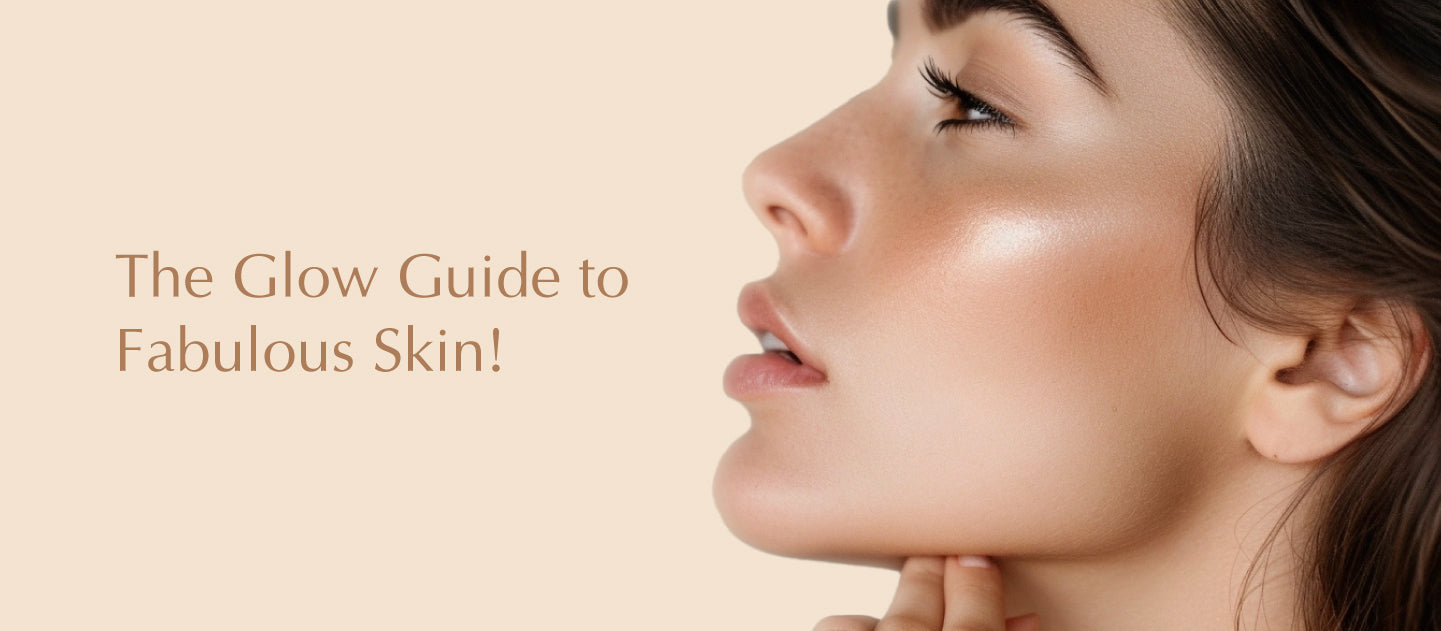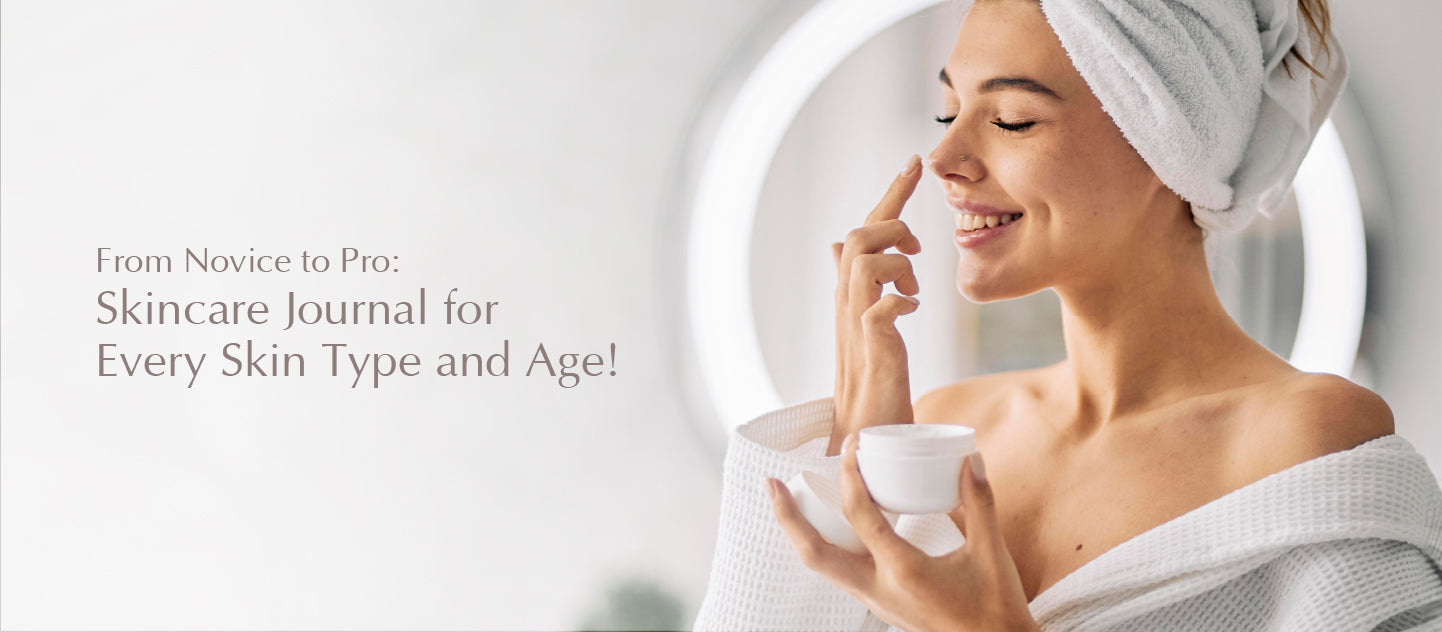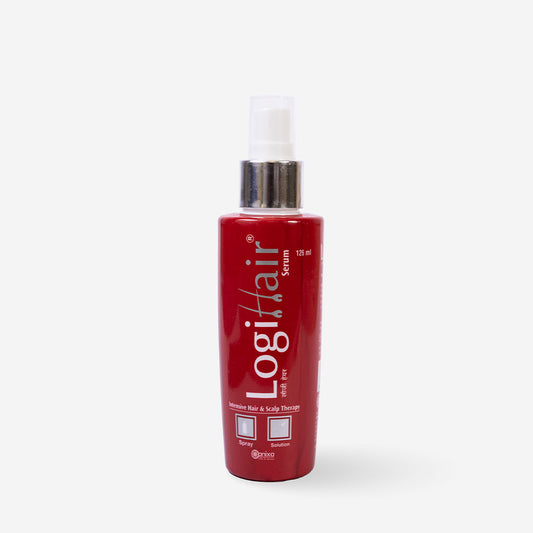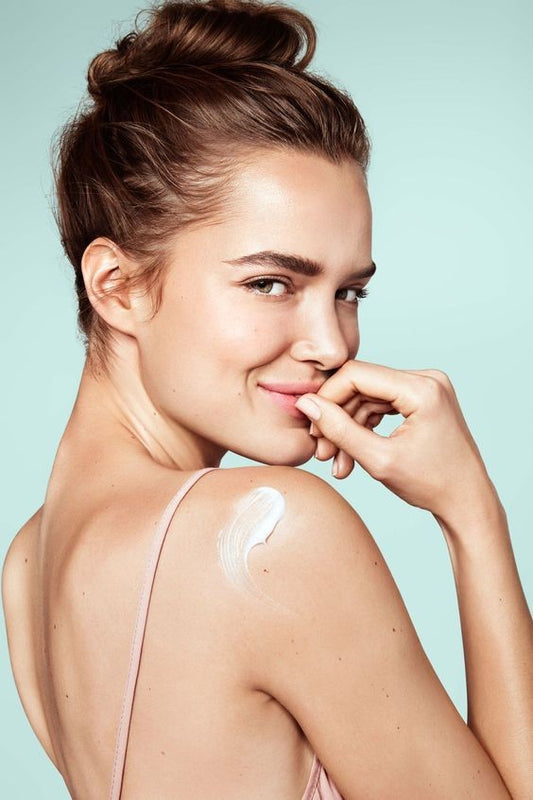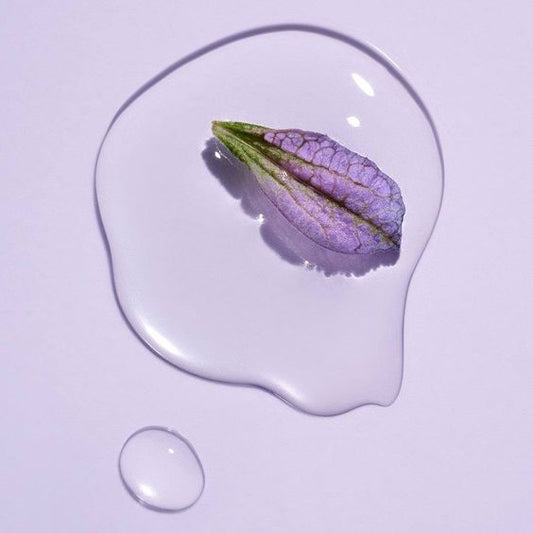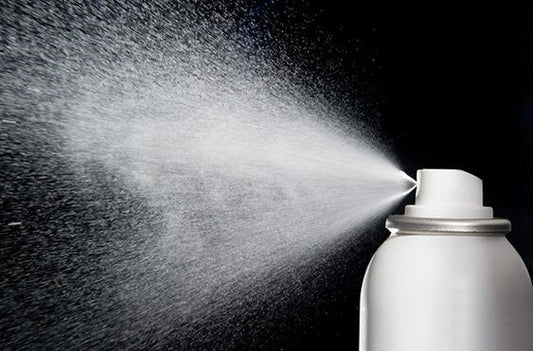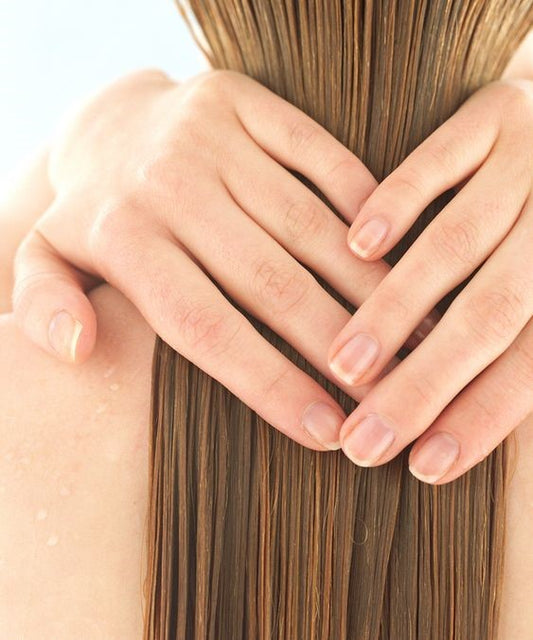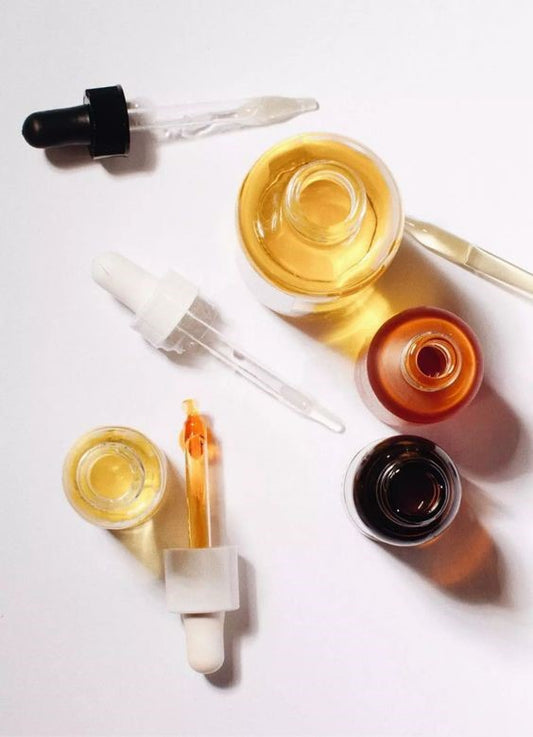How Skincare Ingredients Revolutionize Haircare
In recent times, there has been a significant shift towards the "skinification of hair," a trend that emphasizes treating the scalp and hair with the same care and attention given to facial skincare. This approach recognizes that just like our facial skin, our scalp is also susceptible to various issues caused by external and internal factors. Consequently, haircare products are now incorporating common skincare ingredients that have proven benefits for promoting healthy, lustrous hair.
Why are Skincare Ingredients Becoming Popular in Haircare?
The scalp, though hidden under a layer of hair, is exposed to similar environmental pollutants, dirt, and oil, making it prone to clogged pores and other skin issues. Neglecting the scalp can lead to adverse effects on hair health, as hair is rooted in the scalp. Thus, incorporating skincare routine steps into haircare has become essential for maintaining healthy and vibrant hair. Some common skincare ingredients, when used in haircare, can work wonders for scalp and hair health.
Cleansing: Mild shampoos infused with glycerine, B vitamins, amino acids, and micellar water gently cleanse the scalp and promote hair health.
Exfoliation: Scalp exfoliation using ingredients like glycolic acid, salicylic acid, and lactic acid can reduce hair fall, eliminate dandruff, and soothe the scalp.
Hydration: Ingredients such as hyaluronic acid, glycerine, ceramides, and various oils help balance moisture levels, reduce scalp irritation, and improve overall scalp health.
Nourishment: B vitamins, peptides, and oils in haircare products nourish the scalp and hair, promoting hair growth and improving hair follicle health.
Protection: Haircare products with SPF protect the scalp and hair from harmful UV rays and environmental damage.

©Pinterest
Shared Goals: Anti-Aging, Anti-Pollution, and Hydration
Anti-Aging: Skincare ingredients like retinol, vitamin C, ceramides, and antioxidants are now widely used in haircare to combat signs of aging in the scalp and hair. They promote hydration, reduce hair fall, and improve hair texture.
Anti-Pollution: Salicylic acid and glycolic acid, common in skincare, act as anti-polluting agents in haircare, cleansing the scalp and leaving the hair healthy.
Hydration: Hyaluronic acid, a powerhouse ingredient in both skincare and haircare, hydrates and nourishes the scalp, reducing dryness and dullness in the hair.
Role of Common Skincare Ingredients in Haircare
Hyaluronic Acid: Retains moisture, boosts hydration, and reduces scalp irritation, leading to healthier, less frizzy hair.
Niacinamide: As in skincare, niacinamide calms and nourishes the scalp, treating irritation and sensitivity.

©Pinterest
Ceramides: Lock moisture in the scalp, preventing dryness, and protect hair from external damage caused by styling tools.
Micellar Water: Gentle scalp cleanser that removes pollutants and dirt from hair, leaving it cleansed and nourished.
Collagen: Supports hair health by stimulating hair follicles and maintaining hair thickness.
Skincare Ingredients to Avoid in Haircare
Dimethicone: Can lead to residue build-up on the scalp, clogging pores and preventing moisture from entering the hair.
Petroleum Jelly: May clog hair follicles and make hair strands sticky, causing hair and scalp issues.
Propylene Glycol: Harsh for hair, causing hair loss, scalp irritation, and damage to the hair's structure.

©Pinterest
The "skinification of hair" trend is a transformative approach in the beauty industry, highlighting the importance of scalp care in maintaining healthy and vibrant hair. With the integration of skincare ingredients into haircare, we can achieve shared goals of anti-aging, anti-pollution, and hydration. By being mindful of the ingredients used in haircare products, we can nurture our hair from the roots and achieve the lustrous, radiant locks we desire. Embrace the "skinification of hair" trend and witness the transformation it brings to your haircare routine.

